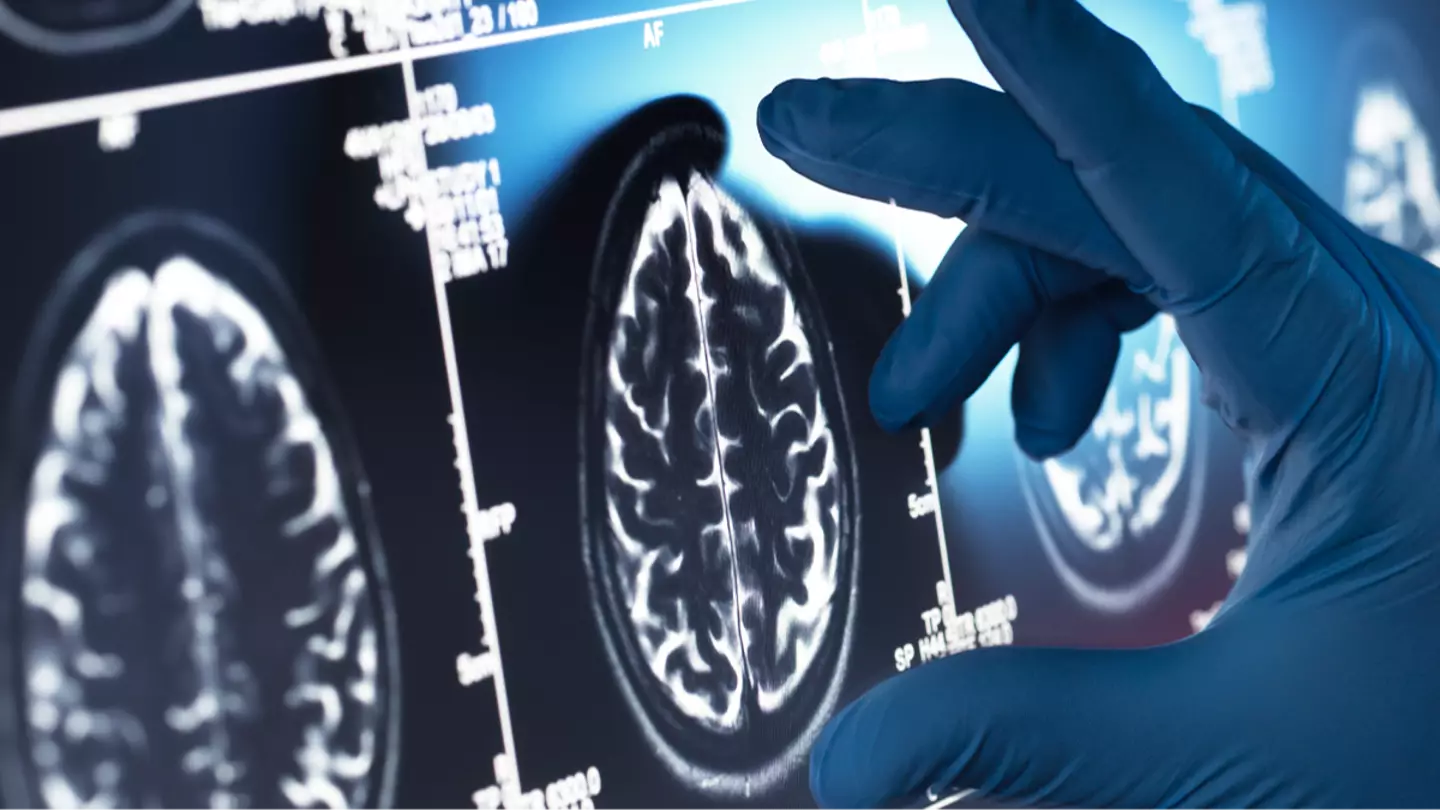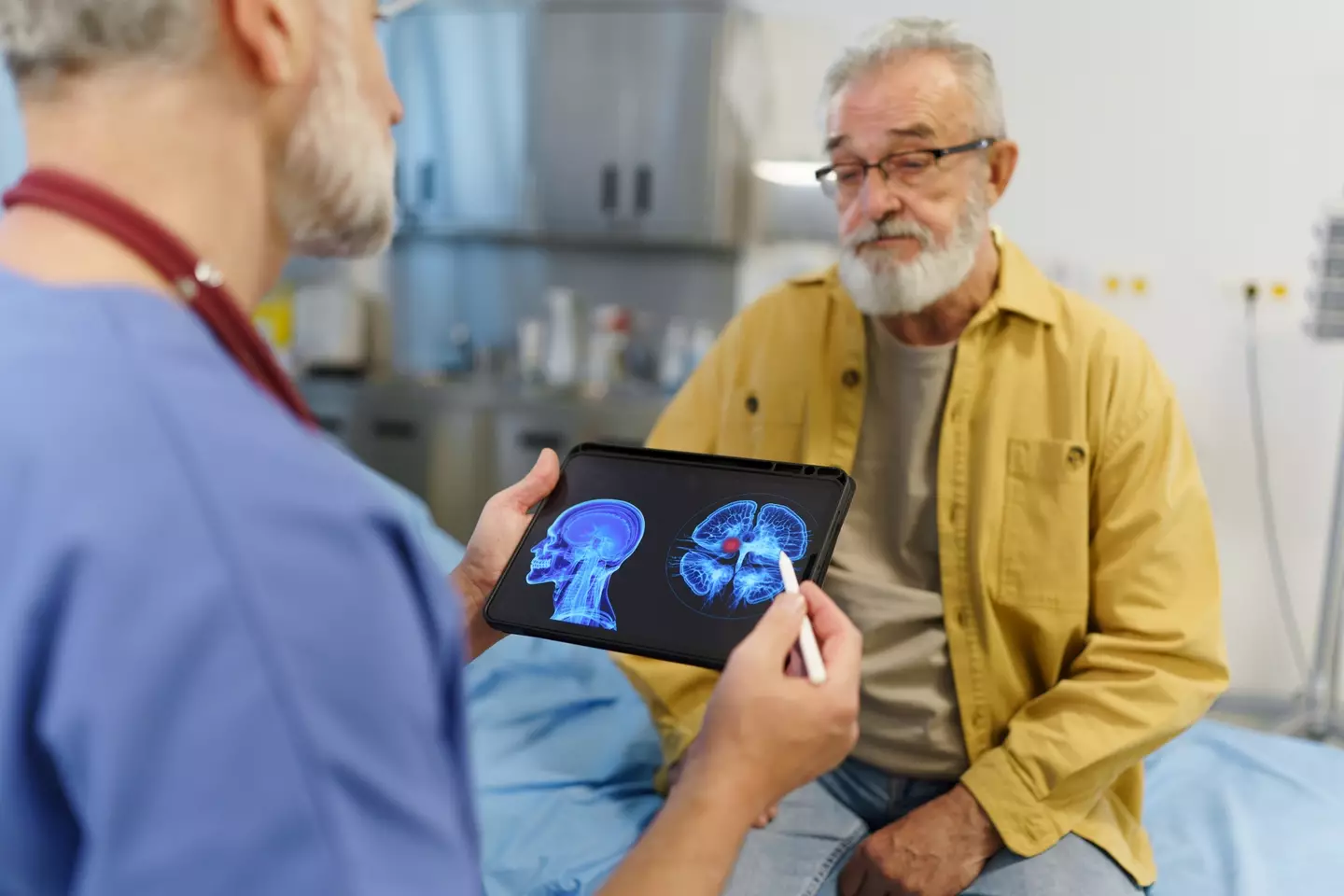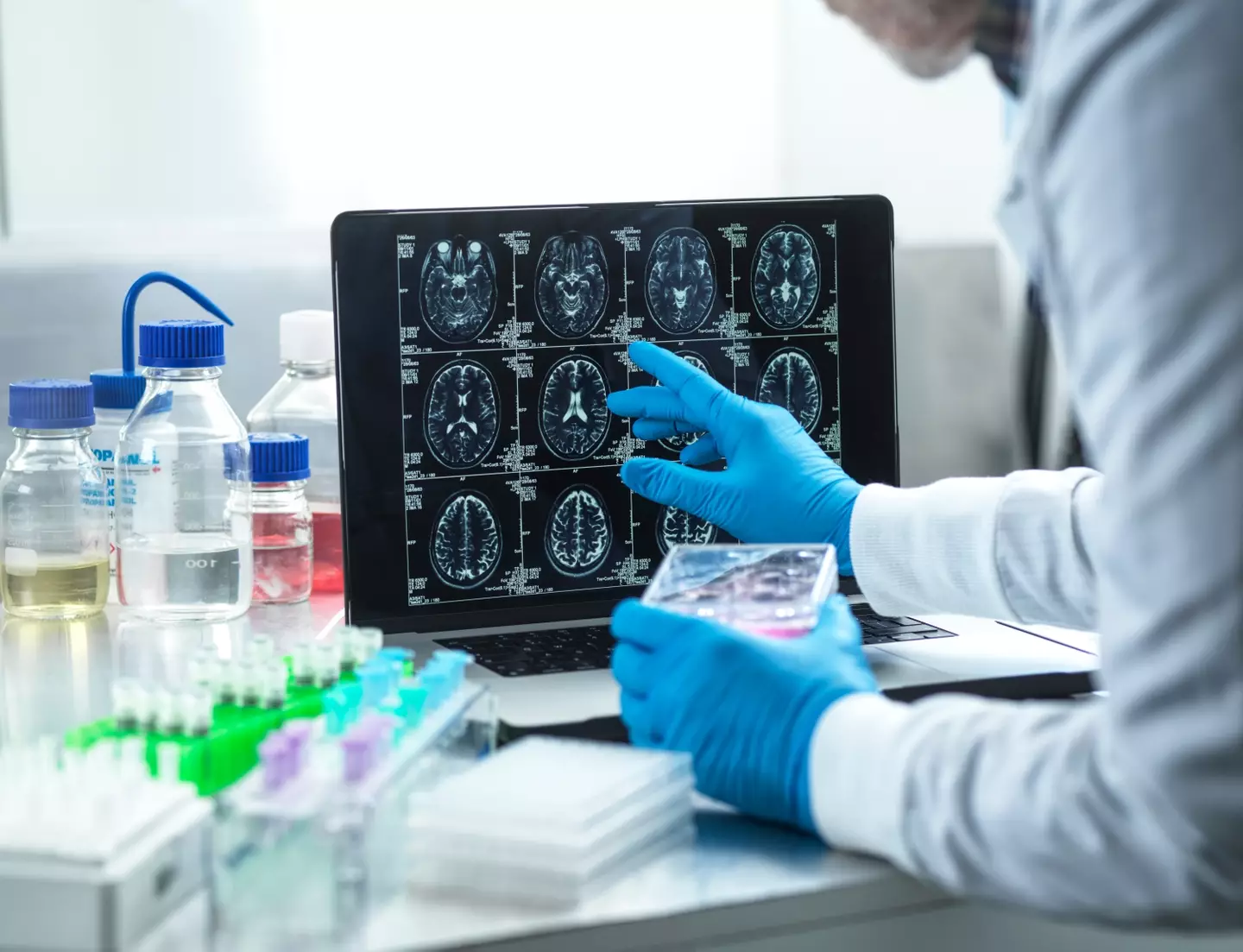Diagnosis Breakthrough: New Scan Spots Alzheimer’s Before Symptoms Appear

A recent breakthrough in Alzheimer’s diagnosis promises to allow doctors to spot changes in the brain earlier than ever before. Alzheimer’s is widely regarded as a particularly cruel disease, often stealing independence and memory. Thus, finding ways to diagnose it sooner is vital for initiating treatments to slow its progression.

British scientists may have found the key with a scanning technique that offers hope to those concerned about developing the illness. The scan can detect subtle changes to the cortical region—the outer layer of the brain responsible for critical functions like memory and decision-making.
Cellular Insight: From Autopsy to Advanced MRI
Following a series of scans that analyze the cellular structure of the brain, doctors can visualize changes at a stage previously only possible via a post-mortem examination.
Dr. Steven Chance, former associate professor of neuroscience at Oxford, and Professor Mark Jenkinson, a leading expert in brain imaging, founded Oxford Brain Diagnostics to commercialize this technique. Dr. Chance noted that the core technology is rooted in his years of examining the microscopic structure of post-mortem brains. 
“More than 20% of those over 50 have Alzheimer’s-type changes, small-scale changes that would be otherwise invisible,” Dr. Chance stated. “These breakthroughs open up a whole new way of monitoring brain health.”
The technique is known as Cortical Disarray Measurement. Oxford Brain Diagnostics explains that their proprietary technology analyzes grey matter quality and uncovers insights based on changes at a cellular level, correlating microscopic brain data with MRI analysis.
Hope for Millions, But Real-World Data Needed

The process has been granted Breakthrough Device Designation by the U.S. Food and Drug Administration (FDA). Dr. Chance believes the technology offers hope to “millions of people who are seeking a non-invasive, precision diagnostic tool to reveal the truth about their brain health.”
However, David Thomas, the head of policy at Alzheimer’s Research UK, while welcoming the development, noted that there is still a long way to go. He stressed that improving early and accurate diagnosis is crucial, not only for giving people clarity but also for ensuring access to the right support and future treatments. He cautioned that while the technology shows promise, it has so far only been validated in research settings and requires “much more real-world clinical data” before it can be integrated into national healthcare systems like the NHS.











